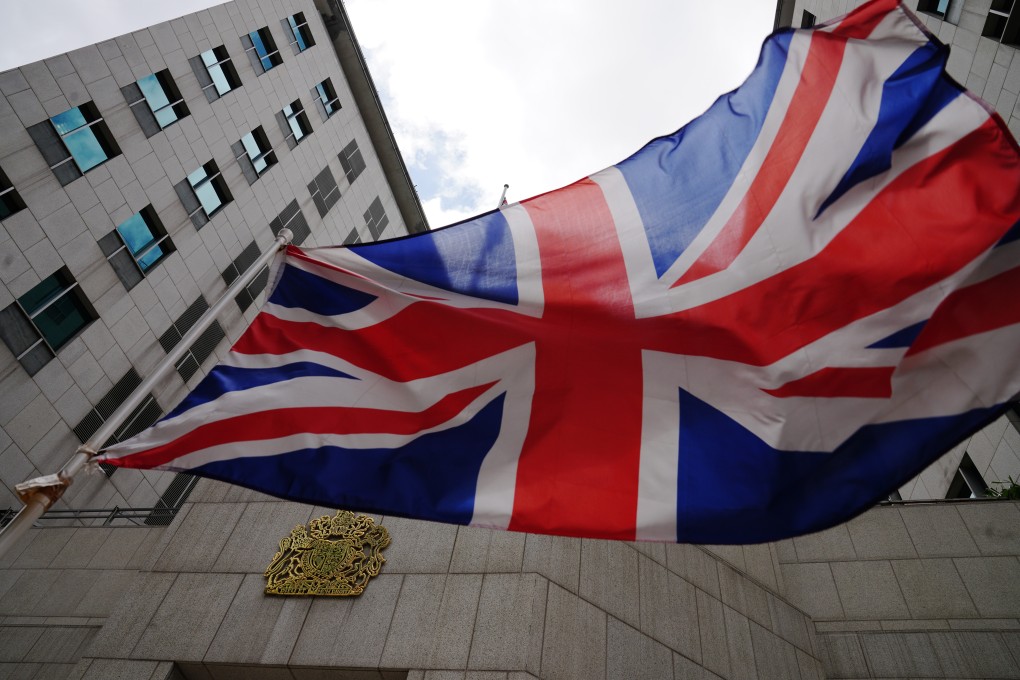Britain suspends Hong Kong extradition treaty over national security law
- UK cuts off extradition arrangements and arms exports with Hong Kong authorities
- Britain is also reviewing the arrangement to send British Supreme Court judges to sit in Hong Kong’s top court, says Foreign Secretary Dominic Raab

The 3 million Hongkongers eligible for British National (Overseas) passports will be allowed to move to the UK for resettlement from next year onward, with more details coming from the government within two days, Foreign Secretary Dominic Raab said in a snub to Chinese threats of retaliation.

00:45
Dominic Raab says new BN(O) citizenship arrangements will be ready for Hong Kong by early 2021
Britain is also reviewing the arrangement to send British Supreme Court judges to sit in Hong Kong’s top court, as well as training programmes for Hong Kong police officers, Raab said in Parliament on Monday.
“We recognise the opportunities of a good relationship with China, but we’d be clear-eyed, as this government is, about the risks,” Raab said.
In a move that will further exacerbate the UK-China stand-off, Raab vowed to lead an international response to China’s action. He said there needed to be more than just the UK, Europe, North America, Australia and New Zealand, “because there is a whole range of non-aligned countries out there who are very much influenced by what China is doing and saying”.
Raab, however, stopped short of imposing sanctions on Chinese or Hong Kong officials involved in introducing the national security law, and shed light on the importance of continued engagement with China in future.